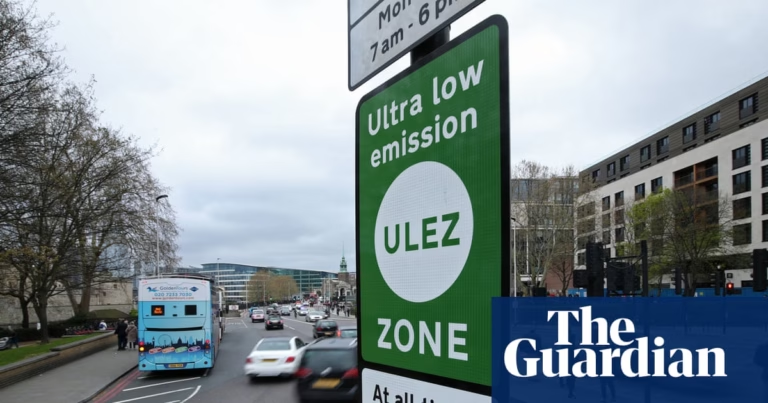The British and Irish governments are set to present a new framework aimed at addressing the legacy of Northern Ireland’s Troubles, in an effort to resolve a contentious issue that has impacted regional politics and the relationship between London and Dublin. Northern Ireland Secretary Hilary Benn and Simon Harris, Ireland’s foreign minister, are expected to release the long-awaited proposals following discussions aimed at revising the controversial Legacy Act that the Conservative government introduced in 2023.
The framework will contain new legislative proposals that both governments must enact to create a reformed agency tasked with investigating crimes from the era of the Troubles. This move represents a shift in the relationship between Dublin and London, signaling a reset after years of strained relations due to Brexit and ongoing disputes over legacy issues.
Negotiations involving officials and a recent meeting between Keir Starmer and Irish Prime Minister Micheál Martin laid the groundwork for the framework, which is to be announced at Hillsborough Castle in County Down. The framework will establish a new legacy commission, replacing the independent commission for reconciliation and information recovery (ICRIR) set up by the Legacy Act, with extended powers to investigate Troubles-era crimes. A separate agency will assist families in obtaining information regarding the deaths of their relatives.
The Irish government insists that the legacy commission must abide by the European Convention on Human Rights and will continue a case against the UK at the European Court of Human Rights, arguing that the Legacy Act violates the convention. The case will proceed unless the framework progresses toward legislation.
Victims’ groups, who now seek truth and justice for the killings during the 30-year conflict, must be convinced by the proposals to support the changes. The British government faces pressure from veterans’ groups to protect former soldiers from what they describe as witch-hunts. The Good Friday Agreement in 1998 avoided addressing legacy, leading to families pursuing answers and justice through inquests and prosecutions, which have strained police resources and divided politics.
Both governments and Northern Ireland’s political parties agreed on a joint approach to legacy in 2014, but no action was taken. Prime Ministers Boris Johnson and Risha Sunak attempted to resolve the legacy issue alone, but the Legacy Act drew criticism from unionists, nationalists, and Dublin. The Labour Party has stated their intention to repeal the legislation.
Ireland has pledged to collaborate with the new legacy mechanisms and investigate crimes that occurred within their borders, a point of contention for critics who feel that Dublin has not adequately addressed questions about the Irish state’s role during the Troubles.
Sinn Féin Assembly member Gerry Kelly stated that victims and survivors’ families will be closely examining the proposals and will play a crucial role in evaluating their effectiveness.
Source: https://www.theguardian.com/uk-news/2025/sep/19/british-irish-governments-troubles-legacy-proposals





